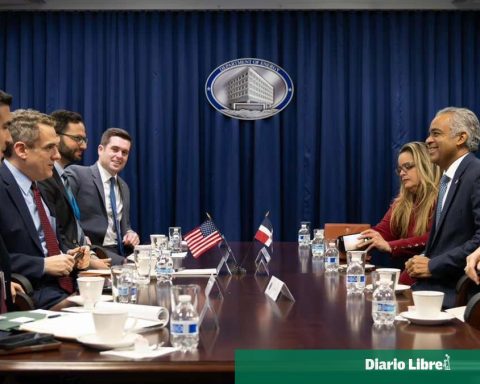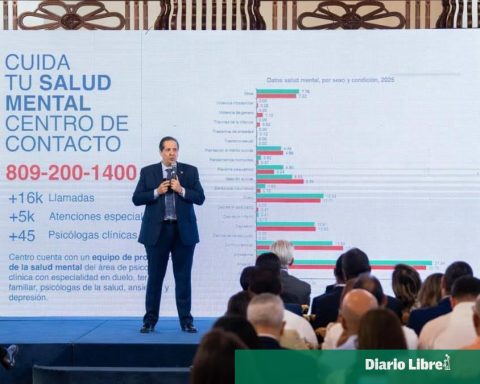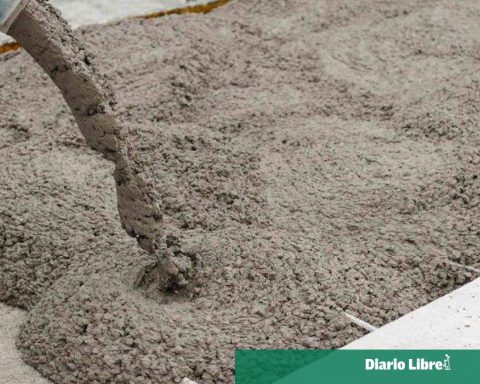It is ethically important that judges eventually go to the media to explain the content of their decisions in an educational way, in the interest of communities understanding and knowing where their decisions lead, what the consequence is, what the acts are. which are prohibited and which are not, considered the representative of the Ibero-American Commission of Judicial Ethics (CIEJ), Octavio Augusto Tejeiro Duque.
For the Colombian professor, a new trend prevails in the judicial field in which the contact of the judges with society and, especially, with the media, is imposed, since this outlines transparency.
“It is prudent that the judges go to the media and give explanations of their decisions and that outlines the transparency that must exist and that allows for a close rendering of accounts of judicial rulings,” said the Colombian magistrate during a regional event that conducted by the Dominican Judiciary on the ethics of judges.
“For the good of citizens, judges have a duty to attend panels, congresses and conferences so that the community knows what the content of the judiciary’s thinking about what is happening in the world is,” said Tejeiro Duque. .
He believes that the isolation that some judges still maintain can affect their ethics “that was a paradigmatic form of the judge for a long time, not so much because the judge felt superior, but because the judge has obvious deficiencies in his communication skills. The judge does not always communicate properly, because he does not know. He is not trained in social communication”.
“We insist that the 21st century, which came to us with all its technologies, with its fourth industrial revolution, with its sea of monumental phenomena in the world, I believe that ethically it demands that we judges go out to the media with certain measures, with prudence to explain the thinking of the judiciary on the fundamental problems of society”, considered the trainer of judicial schools in Ibero-America.
He understands that the judicial powers of Ibero-America are taking important steps to approach society, rendering accounts of their actions within the judiciary.
However, he maintains that one of the characteristics of the judge is to avoid becoming a factor of recognition, congratulations or tribute.
The specialist in Civil Procedural Law understands that ethical judges bring confidence to citizens and strengthen democracy.
“What we aspire to in the world is for our judges to be very ethical, because to that extent the decisions they make are legitimized, and by legitimizing the decisions they make, it generates trust in the citizenry,” he said.
He added that an ethical judge must be adorned with virtues such as independence, integrity, impartiality, caution, courtesy, transparency and others.
He exhorted the new judges to be trained in the culture of integrity, ethics, independence, impartiality and communication skills “the modern world demands that judges go out to the media from time to time and render accounts and tell the citizens what we are doing and, above all, what are our criteria of justice”.















